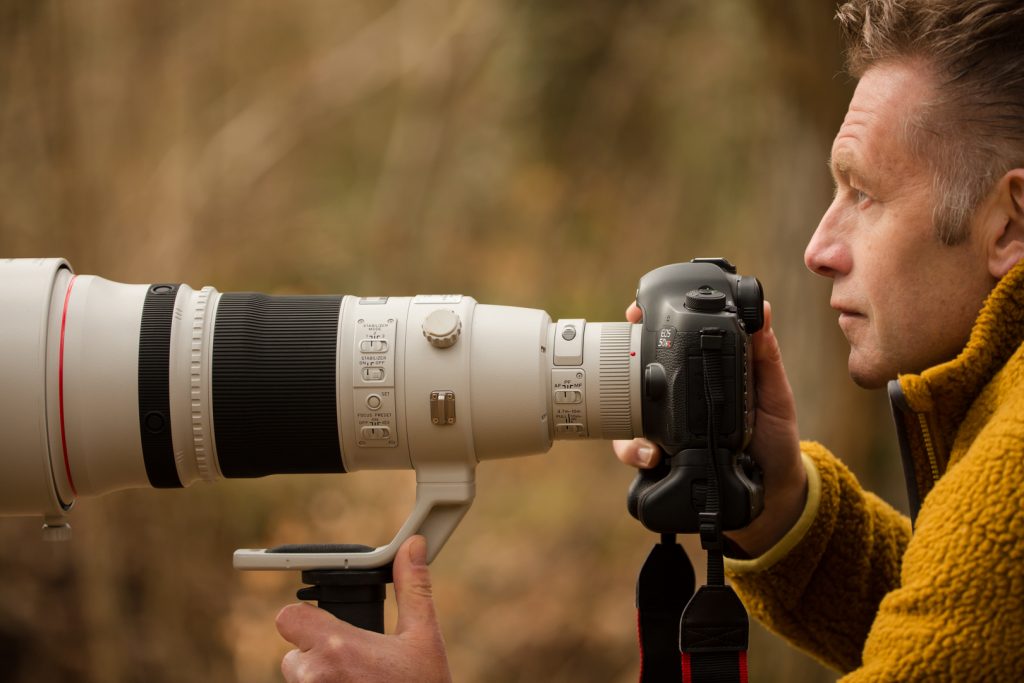The way you shop can change the world for the better
Your money can be a powerful tool for good. Brands and companies are being held more and more accountable for bad practices. When we shop ethically, we are standing up for the environment, for animal welfare, for human rights, for equality. This is a simple and powerful choice that you can make.
Some ethical consumer choices are well documented. They have been driven by public demand and have led to positive change in many industries and politically, too. For example, many people are stepping away from palm oil, fast fashion, battery-hens, animal-tested cosmetics, chemical-based household cleaners, plastics (from microbeads to plastic packaging), and instead are making ethical choices in how they spend their money. These decisions are driving change across a range of products and brands.

Wildlife watcher, nature lover
If you’re a wildlife watcher and nature lover, chances are that you’ve invested at some point in a pair of binoculars, a camera or maybe a telescope. They’re essential kit for anyone wanting to enjoy wildlife up-close in a responsible way. You can buy optics from just a few pounds, but with so many brands, styles and qualities to choose from, prices can soar from tens to hundreds to thousands of pounds, depending on what you’re looking for. This is big business. Some optics companies have an annual global turnover of billions.
As a wildlife lover, when you’re researching what optics to buy, you might assume that your preferred brands love nature just as much as you. After all, they are using gorgeous videos and photographs of animals and evocative writing in their marketing, and this is just what you’re looking for. What may not be so obvious, is that many optics companies market products at wildlife enthusiasts, conservationists and sport hunters simultaneously. They might branch off their websites into different sales sections, or have different websites entirely. Their advertising is carefully tailored to their different audiences. Their social media channels are often separated out entirely, catering for photography, nature watching and hunting audiences in entirely different ways.
What can I do?
What you choose to do depends on your own ethical stance, and whether you’re motivated by animal welfare and rights, conservation and/or environmental issues. You can read more about specific challenges and problems here, and you can choose to shop ethically.
For a big optics company marketing at wildlife lovers and hunters simultaneously, a beautiful photograph of a golden eagle in one advert might be contradicted by encouraging driven grouse shooting on another. The same pair of binoculars is marketed as essential kit for someone enjoying watching birds, and someone enjoying shooting them. This isn’t necessarily an issue in itself, however the grouse shooting industry has been under growing scrutiny due to illegal bird of prey persecution, including the deaths of many species like golden eagles on or near grouse moors. The same can be applied to songbird slaughter in the Mediterranean, illegal fox hunting and many other abhorrent issues. And that’s before we’ve gone near issues around trophy hunting or animal rights.
The optics industry remains silent on bad practices
When you buy a brand, you buy into a company’s Corporate Social Responsibility, their marketing and advertising, and their brand. You are promoting them when you use their products. Part of your purchase will pay for further advertising space: perhaps in a nature-friendly magazine, or perhaps on a website that actively encourages hunting. These same companies then use their influence, bought by their advertising revenue, to prevent the open discussion of these issues.
The sports optics industry should show transparency to customers: what products are they making, who are they marketing them at and how? They should be clear about all the initiatives they are supporting – from sponsoring habitat creation projects through to funding big game reserves for trophy hunting. They should hold their customers accountable for illegal practices, like bird of prey persecution, through publicly distancing themselves. They should publish clear position statements on a range of controversial issues that their industry is implicated in.
As a consumer you can stand up for the causes you believe in – that is your right. As a customer, you have influence through the money you spend and where you choose to invest.